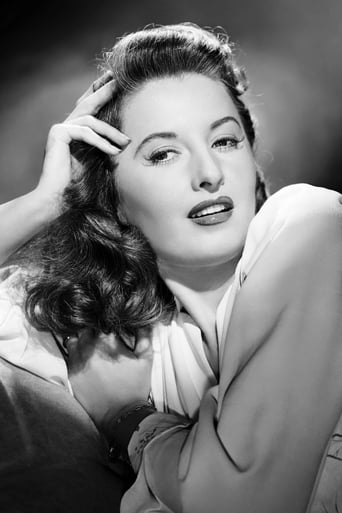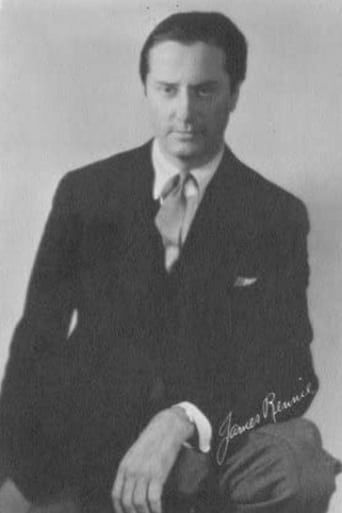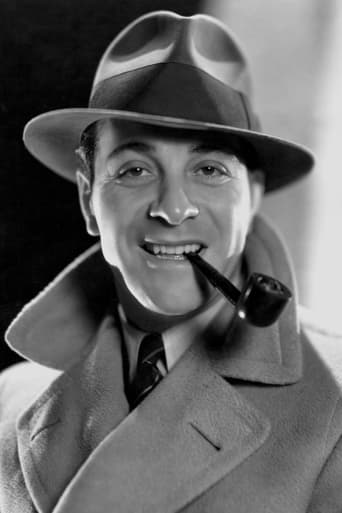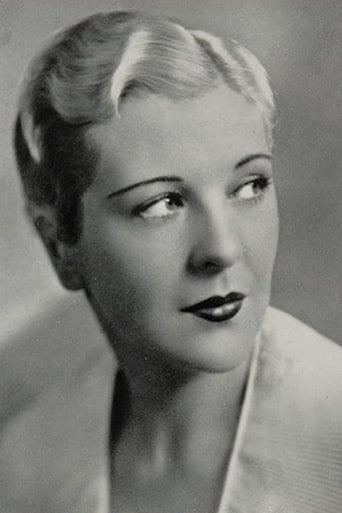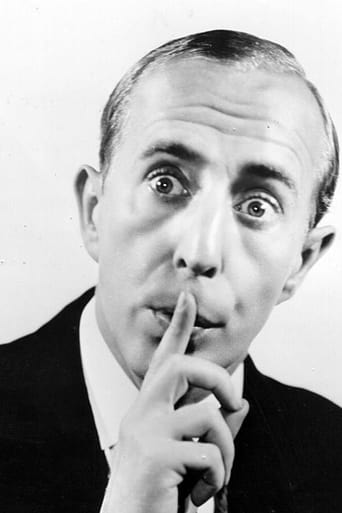Mjeteconer
Just perfect...
CrawlerChunky
In truth, there is barely enough story here to make a film.
KnotStronger
This is a must-see and one of the best documentaries - and films - of this year.
Tayloriona
Although I seem to have had higher expectations than I thought, the movie is super entertaining.
atlasmb
The action in this film takes place within the rarefied air of art deco penthouses with thirty-foot ceilings. There, the central characters--Anne (Barbara Stanwyck) and Dick (James Rennie)--fall in love and make decisions about their relationship.Dick is somewhat amused--and a little intrigued--by Anne's "theories" about marriage. She see it as a hindrance to love and a guarantee that romance will die. Basically, she is a proponent of free love.Different conceptions of free love have been expressed by many notables in the fields of science and the arts over the centuries. The actual Free Love movement is a more recent development with its beginnings in the 1800s. Although its proponents espoused many various views on culture, politics and the nature of man, there were common threads--primarily a condemnation of state-sponsored marriage and the view that the institution of marriage runs contrary to the nature of man and that it impinges on the freedoms of both partners and amounts to little more than enslavement, particularly of the woman.One can see where Anne is coming from, but it is not surprising that certain aspects of traditional marriage hold a romantic interest for Anne. Dick is so in love with her that he might agree to anything she wants. But they are constantly judged by others who reflect the mores of society. Eventually, the couple agrees to live apart and love from a distance.You can probably guess where the story is going, despite the fact that this is a pre-Code production. The staging feels, rightfully, like a play. Its tone is light-hearted for the most part, centering on characters whose lives seem to revolve around emptying cocktail glasses and witty repartee. But it's a stylish production and the acting is suitable for carefree banter sprinkled with Anne's "theories". Fortunately, her free love notions do not include the social engineering leanings of others who theorized in this realm.
mark.waltz
By 1931, Barbara Stanwyck was moving quickly to the forefront of Hollywood stardom, and critics (as well as the public) were taking notice. An association with Frank Capra at Columbia and a non-exclusive contract with Warner Brothers made the movie audiences of the pre-code depression era aware of her massive talents, particularly as a serious dramatic actress who could handle comedy as well. Her movies were often hit and miss, going between mediocre melodramas like "Ten Cents a Dance" and such classics as "The Miracle Woman", as well as fascinatingly fun exposes on sin with "Night Nurse" and later on "Ladies They Talk About" and "Baby Face". If anybody could sin on screen with a gleam in their eye, it was Barbara Stanwyck."Illicit" certainly doesn't lack on sinful glamour with its lavish Park Avenue settings, a pre-code forbidden plot involving single lovers (Stanwyck and James Rennie) obviously involved in a sexual relationship, droll comedy by Charles Butterworth (as a fun-loving lush who constantly "borrows" Rennie's stash of liquor), and perky Joan Blondell. Unfortunately, playing opposite the talented Stanwyck, James Rennie seems to be a total bore in the male lead, while there are definite sparks between Stanwyck and Ricardo Cortez, playing her old flame who just won't give her up and would be more willing than to adhere to her desire for a serious relationship without the benefit (or in her opinion, curse) of marriage. The imperious looking Natalie Moorehead is the other woman who comes between Stanwyck and Rennie, discovering boredom after their freedom comes to an end thanks to his pressure on her to tie the knot. While their characters are interesting, they are too one-note to add much more to the plot where you pretty much already know what is going to happen.Unfortunately, as excellent as Stanwyck is, her character really doesn't have any motivation for avoiding marriage other than memories of her own parent's ill-fated union. Claude Gillingwater offers brief wisdom as Rennie's understanding father who would like nothing more than to see Stanwyck become his daughter-in-law, but after his one scene, totally disappears from the film, taking away the only sensible character in the film. Two years later with more character development and ten less minutes, the same story was better served as "Ex-Lady" where the rising Bette Davis got a better leading man as well as a career for her character than Stanwyck, who obviously enjoyed being a party girl even when her marriage was on the rocks. Stanwyck does get a great exit though, but by that time, it's almost too little, too late.
MartinHafer
"Illicit" is a very confusing film. On one hand, it's very much a Pre-Code sort of film. It features a couple who openly admit they're engaged in premarital sex (and his father seems pretty comfortable with this arrangement). And, she openly shows disdain for marriage and vows to just have a good time. Yet, later in the film, after living this sort of lifestyle, the characters are miserable and the 'happy ending' seems amazingly contrived. You wonder just what sort of message the film is trying to make. Plus, while I love some of the very salacious Pre-Code films, this message is so jumbled, I am really very ambivalent about this movie. If you see it, it stars a very young Barbara Stanwyck and James Rennie. But, my advice is that there are certainly more interesting films of the era--ones that are less talky and a lot more shocking. And, the filmmakers managed to cast Charles Butterworth in a supporting part and he isn't particularly funny--a very strange thing indeed.
dougdoepke
The best part of this rather boring gabfest is getting to see ladies high-fashion outfits, circa 1930. Some of them are real doozies. Stanwyck gets more than her share of slinky finery as a rich guy's paramour. Actually, the movie's premise is a significant one—does marriage somehow kill love? Anne (Stanwyck) seems to think so and sometimes acts on the premise. The trouble is that the premise gets drowned out by all the talk from one scene to the next, without let-up. Then too, director Mayo adds nothing to what turns out to be a filmed stage play. To be charitable, his options may have been cramped by the newness of movie sound equipment.Pre-Code liberties are evident in the first few scenes where Anne, in a clinging negligee, and Dick (Rennie) discuss whether to marry or to continue living in sin. After that, the screenplay settles into more conventional marital mix-ups. But at least Stanwyck shines, showing why she was slated for bigger and better things. In fact, she's almost girlish, a really long way from the femme fatale of Double Indemnity (1944). Too bad she doesn't have more scenes with that other Warner's personality girl, Joan Blondell (Duckie). Anyway, I found the movie considerably less than I expected.
